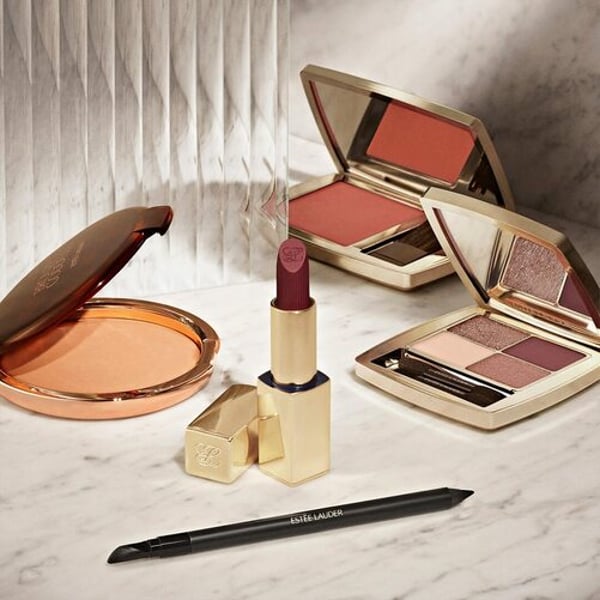By
Bloomberg
Published
May 1, 2024
Estée Lauder Cos. lowered its revenue outlook for the remainder of the year as the company faces lackluster demand for its high-end products in China.
The company noted ongoing weakness in prestige beauty in mainland China in the most recent quarter, “reflecting subdued consumer confidence and softness during holiday and key shopping moments.”
The company now expects sales to decline as much as 3% compared with a prior forecast for a range of down 1% to up 1%, a sign the cosmetic company’s turnaround efforts are facing hurdles. And for the current fourth quarter, the company slashed its guidance for a profit metric, adjusted earnings per share, to a range of 18 cents to 28 cents, well below analysts’ forecasts of 77 cents.
The shares fell 4.9% at 9:33 a.m. in New York. Estée Lauder stock was up 0.3% for the year through Tuesday’s close while the S&P 500 index gained 5.6%.
The most recent quarter also showed the challenges facing one of the world’s largest cosmetics companies in its crucial home market, the US. The owner of the Ordinary and Clinique brands said sales in the US and Canada were flat in the third quarter. Analysts had been expecting more of a rebound after sales declined in the prior quarter.
Estée Lauder’s longtime Chief Executive Officer Fabrizio Freda is under pressure to recover the sales and share price momentum that defined his pre-pandemic tenure at the company and turned members of the founding family into billionaires. Net sales had fallen by more than 9%, on average, since March 2022, dragged down primarily by plunging revenue at Asia’s duty-free shops and sluggish sales in the US.
Sales in the travel retail business, as it’s called, had plummeted by nearly one-third in the prior quarter, as growth in China had repeatedly fallen short of the company’s expectations.
While Estée Lauder’s duty-free business now appears to be improving, that was largely expected. The company said revenue at duty-free shops, which are mainly in Asia, were up by “strong double digits” in the most recent quarter. That robust growth is in part because of such poor performance during the same quarter last year, notes Bernstein analyst Callum Elliott in a research note. “It’s hard to get excited by the ‘recovery’ in growth here, which just looks like an easy” comparison impact, he wrote.
Freda, who has been CEO since 2009, has cut staff, slashed costs and focused on selling more higher-margin beauty products in order to bolster profits and compete more effectively against upstart beauty brands, especially in the US, where Estée Lauder has been losing market share to competitors big and small. Earlier this month, rival L’Oréal SA said sales rose 9.4% in the first three months through March, well ahead of analysts’ forecasts.
In that vein, Estée Lauder in March launched its Clinique brand on Amazon’s premium beauty store, which, the company said Wednesday, has “greatly exceeded” sales expectations. And it has been increasing the presence of many of its brands on TikTok, according to data analyzed by Barclays analyst Lauren Lieberman.







